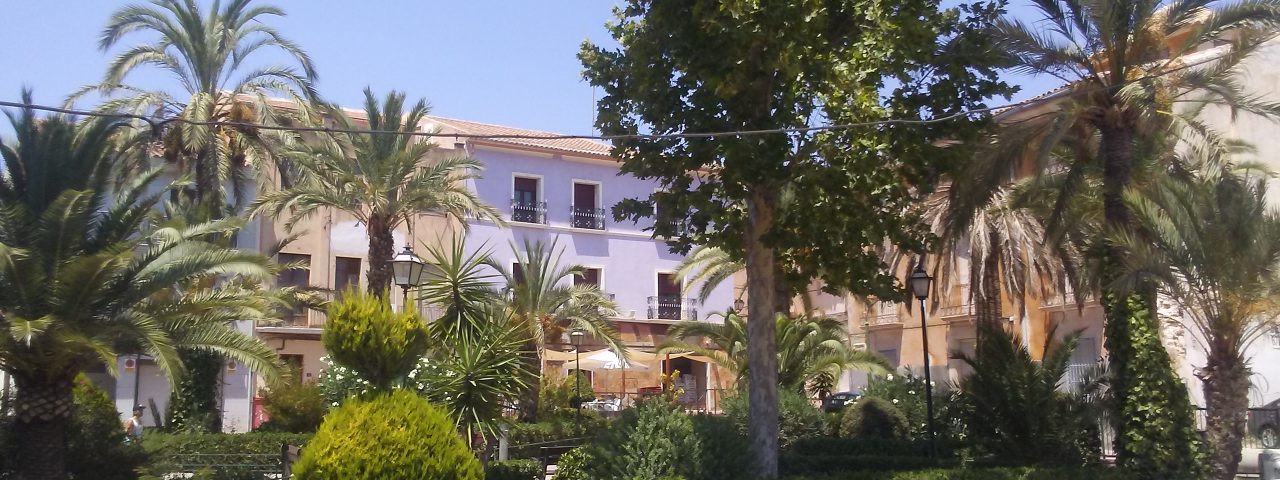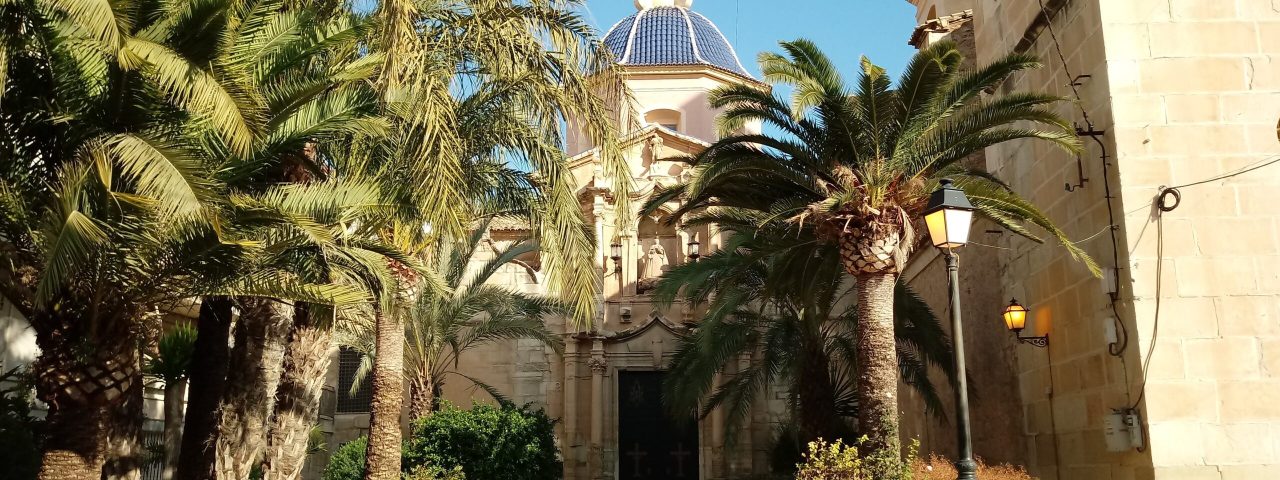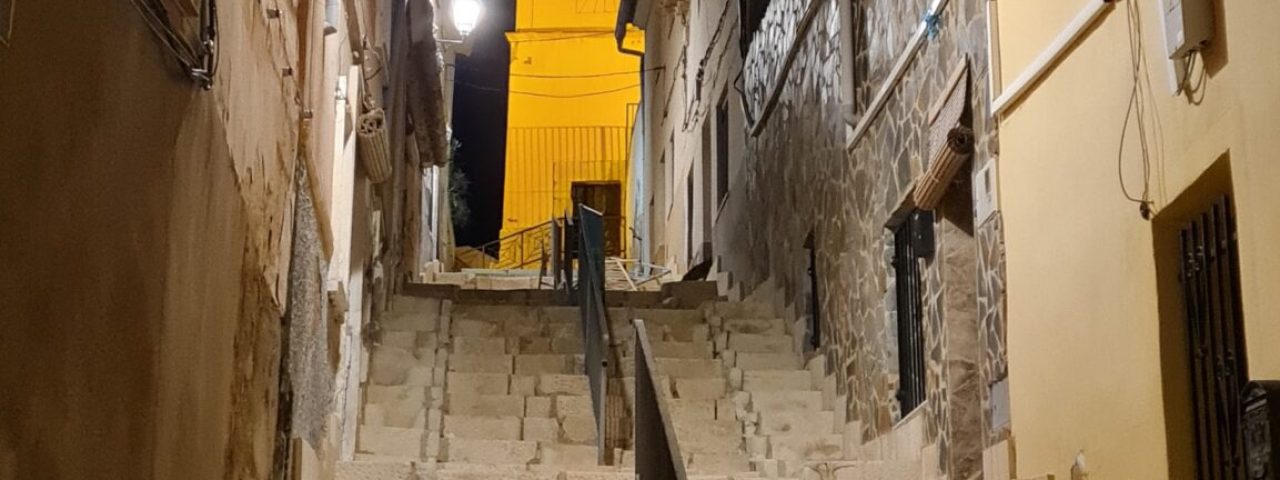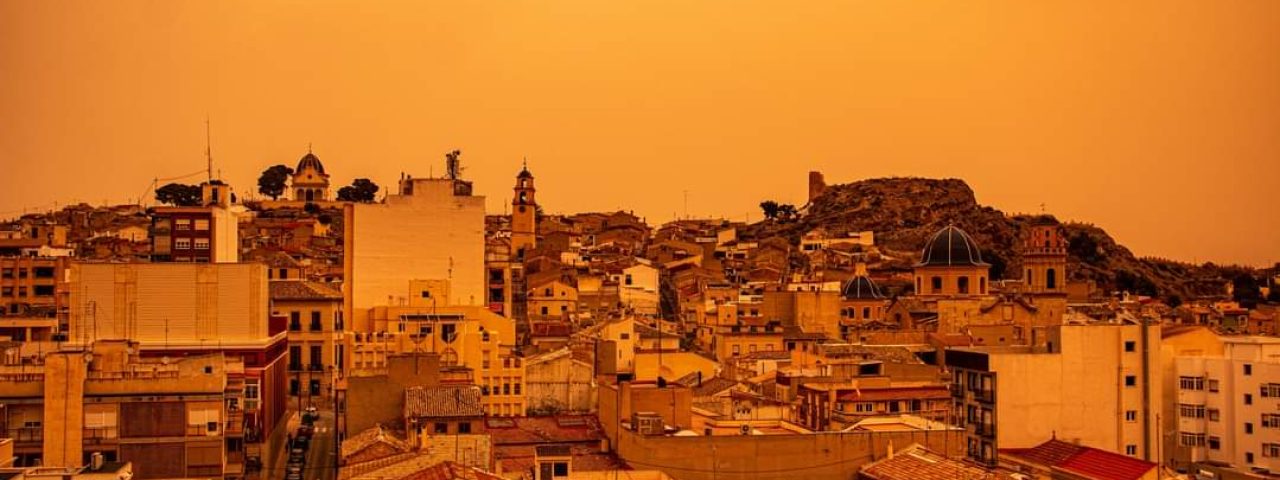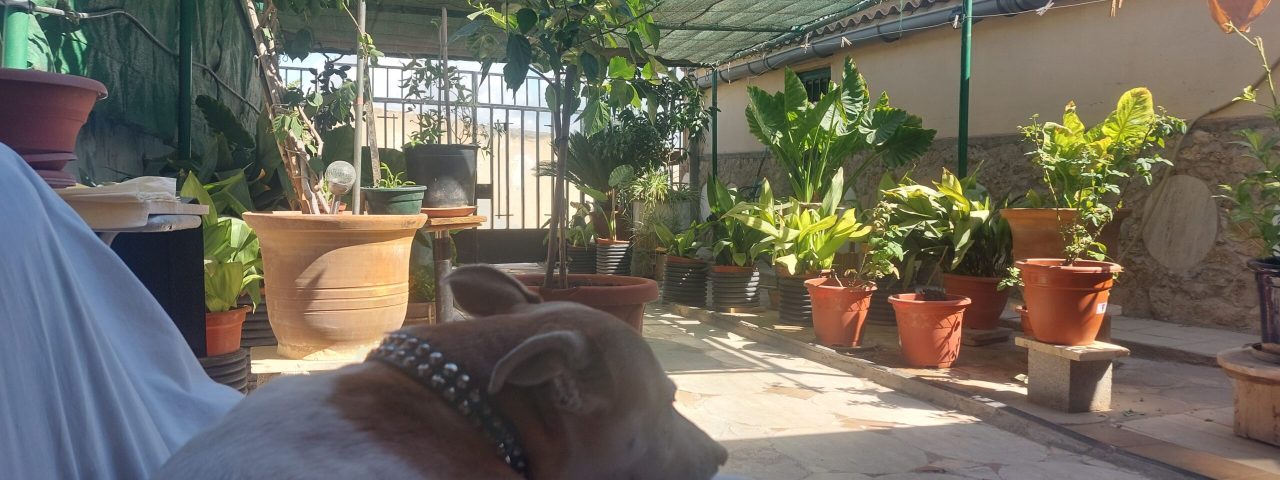Monóvar has a rich history that dates back to ancient times, with Roman, Moorish, and Christian influences shaping its development over the centuries. During the Moorish occupation of Spain, the city was a strategic agricultural hub, benefiting from the advanced irrigation systems introduced by the Moors. After the Christian Reconquista in the 13th century, Monóvar continued to grow, maintaining its agricultural roots while becoming a center of cultural exchange between the Christian and Moorish communities.
One of the city’s most celebrated cultural traditions is its winemaking heritage, particularly its production of Fondillón, a rare and prestigious sweet wine made from overripe Monastrell grapes. This historic wine has been produced in the region for centuries and remains a symbol of Monóvar’s cultural identity. The city celebrates its winemaking culture during festivals such as the “Fiestas de la Virgen del Remedio,” which honors the city’s patron saint with parades, traditional music, and, of course, plenty of local wine.
Monóvar is also known for its strong literary connections, being the birthplace of renowned writer Azorín, one of the most important figures in 20th-century Spanish literature. The city honors his legacy with cultural events, museums, and public spaces dedicated to his memory.
